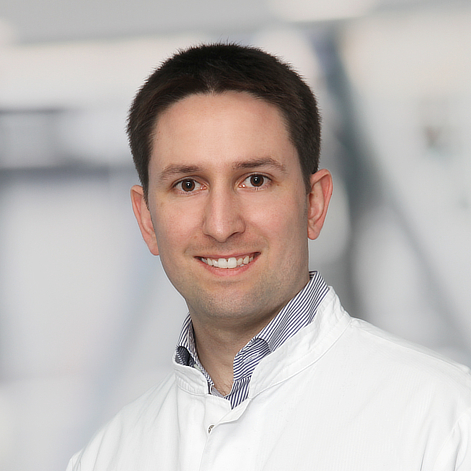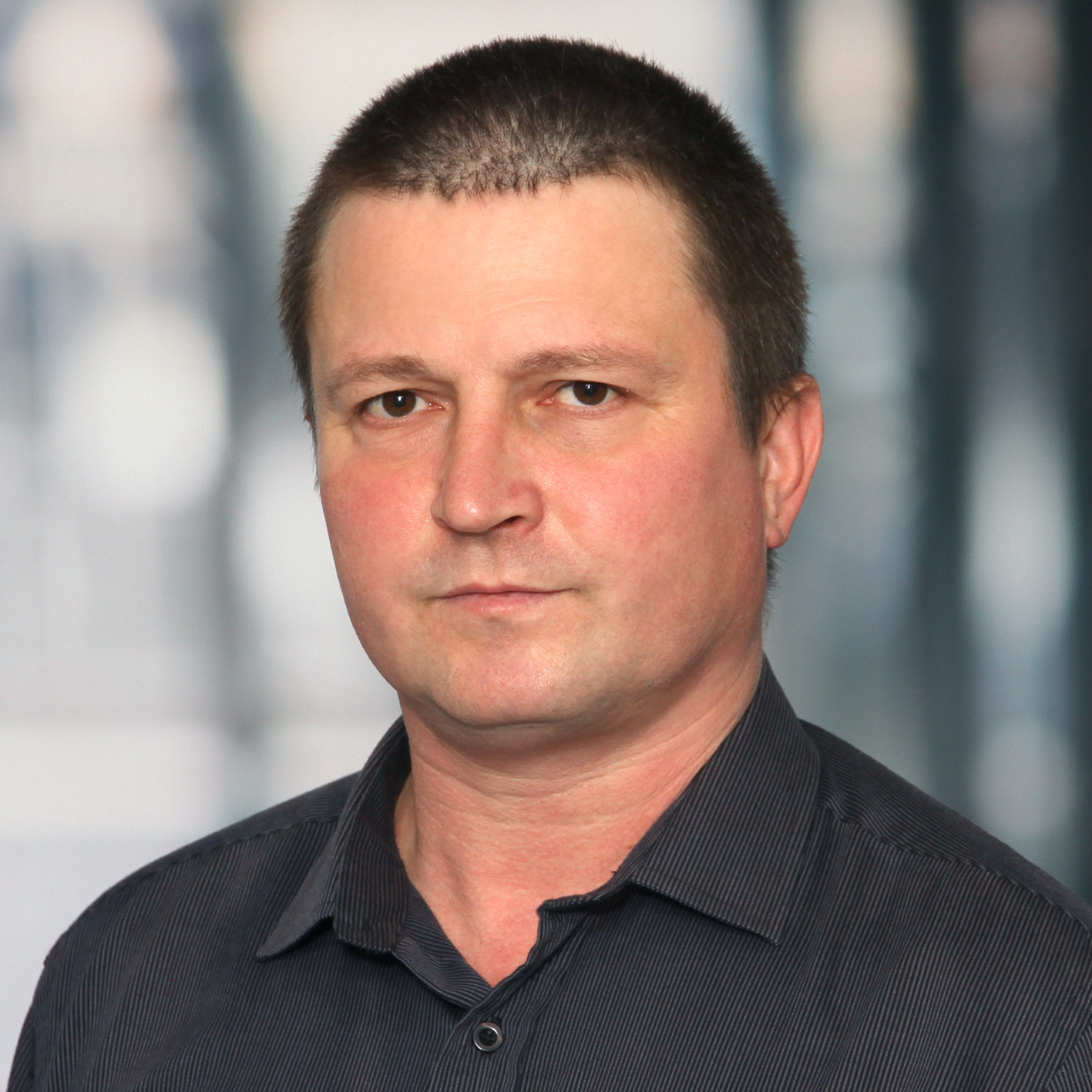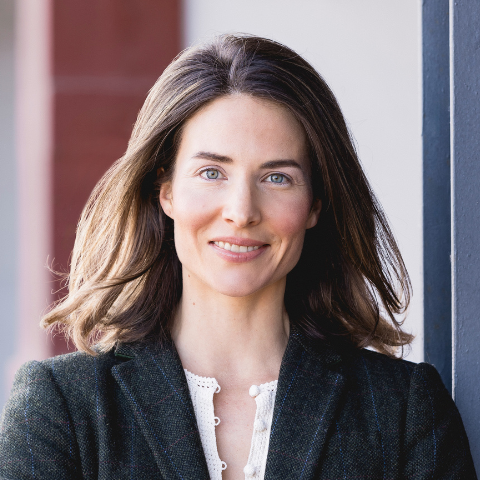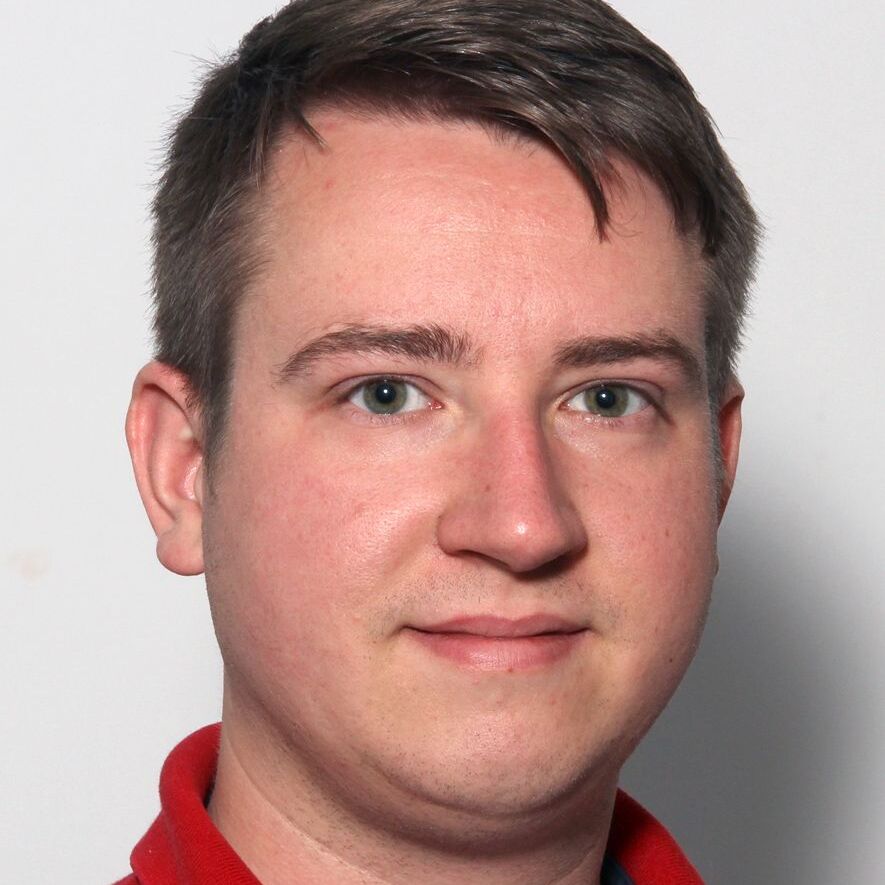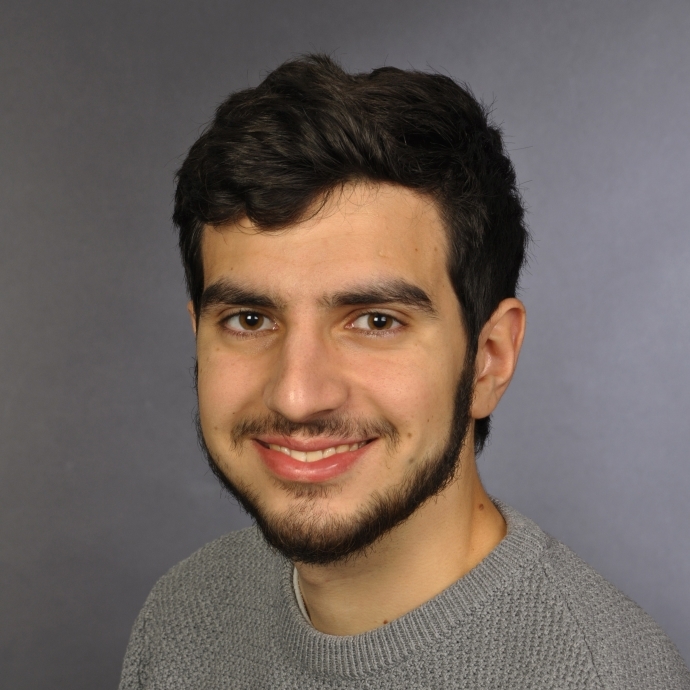Our group investigates mechanisms involved in cancer development including cell cycle control, DNA damage and repair, and ER stress. Furthermore, we analyze the modulation of these pathways by the ubiquitin proteasome system (UPS). To do so, we use standard laboratory techniques like Western Blot and quantitative Real-Time-PCR as well as state-of-the-art techniques like CRISPR/Cas9 gene editing, organoids, and large-scale screening. To get a better understanding of the physiological effects we also use mouse models. Besides of the basic research, we aim to find critical mechanisms which can be used for therapeutic intervention bringing possible drug candidates from bench to bedside in long-term.
Mechanisms involved in cancer development
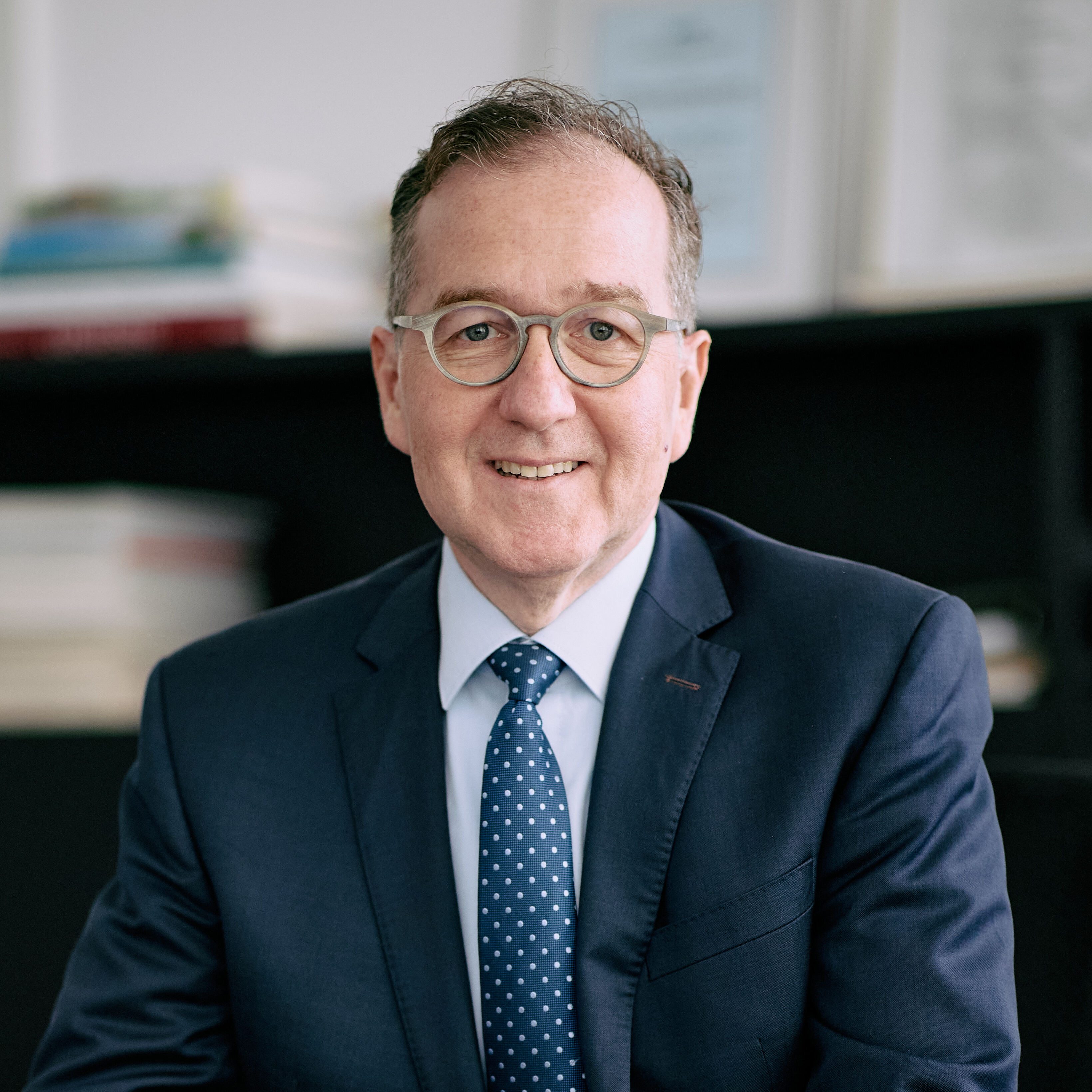
Head of the research group
Publikationen: Publikationsliste
Biosketch
Prof. Malek studied medicine from 1989-1995 at the Hannover Medical School (MHH) where he also did his MD thesis at the Institute for Molecular Biology under the supervision of Prof. Alfred Nordheim. After his studies, he started his specialist registrar at the Clinic for Gastroenterology at the MHH. As a stipend of the German Research Foundation (DFG), he joined the lab of James M. Roberts at the Fred Hutchinson Cancer Research Center in Seattle for a postdoctoral fellowship from 1998-2001. After his return, he started his own lab at the Institute for Molecular Biology (MHH) which was funded within the framework of the Max Eder program by the German Cancer Society. In 2007, he received the venia legendi for internal medicine at the MHH and in 2008 got a W2 professorship for cell proliferation control in the framework of the cluster of excellence Rebirth. After his call for the professorship for internal medicine and gastroenterology at the university hospital Tuebingen (UKT) in 2011 he was also announced as director of the Department of Internal Medicine I which was linked to the professorship. 2015 he founded the center for personalized medicine (ZPM) which he hosts till then. Moreover, he is a founding director of the M3 research institute at the UKT.
Prof. Malek was awarded with the Science Award of the German Working Group of Internal Oncology (AIO) in 2008 and the Johann-Georg-Zimmermann Award for Cancer Research in 2009. He is a member of the Board of Trustees at the Fritz Lipman Institute for Aging Research in Jena (since 2012) and of the Scientific Review Board of the German Cancer Aid (since 2014). Since 2015, he is also speaker of the research committee of the German Society for Internal Medicine (DGIM).
Team
Selected publications
-
The German Network for Personalized Medicine to enhance patient care and translational research
Illert, A.L., Stenzinger, A., Bitzer, M., Malek, N.P, et al. Nat Med29, 1298–1301 (2023). nature medicine -
A critical role for notch signaling in the formation of cholangiocellular carcinomas
Zender S, Nickeleit I, Wuestefeld T, Sörensen I, Dauch D, Bozko P, El-Khatib M, Geffers R, Bektas H, Manns MP, Gossler A, Wilkens L, Plentz R, Zender L, Malek NP. Cancer Cell. 2013 Jun 10;23(6):784-95. doi: 10.1016/j.ccr.2013.04.019. Epub 2013 May 30. Erratum in: Cancer Cell. 2016 Aug 8;30(2):353-356. PMID: 23727022. SciencieDirect -
p27(Kip1) controls cytokinesis via the regulation of citron kinase activation
Serres, M. P., Kossatz, U., Chi, Y., Roberts, J. M., Malek, N. P., and Besson, A. (2012) J Clin Invest122, 844-858 JCI -
The SCF-FBXW5 E3-ubiquitin ligase is regulated by PLK4 and targets HsSAS-6 to control centrosome duplication
Puklowski, A., Homsi, Y., Keller, D., May, M., Chauhan, S., Kossatz, U., Grunwald, V., Kubicka, S., Pich, A., Manns, M. P., Hoffmann, I., Gonczy, P., and Malek, N. P. (2011) Nat Cell Biol13, 1004-1009 nature -
The cyclin E regulator cullin 3 prevents mouse hepatic progenitor cells from becoming tumor-initiating cells
Kossatz, U., Breuhahn, K., Wolf, B., Hardtke-Wolenski, M., Wilkens, L., Steinemann, D., Singer, S., Brass, F., Kubicka, S., Schlegelberger, B., Schirmacher, P., Manns, M. P., Singer, J. D., and Malek, N. P. (2010) J Clin Invest120, 3820-3833 JCI -
Argyrin a reveals a critical role for the tumor suppressor protein p27(kip1) in mediating antitumor activities in response to proteasome inhibition
Nickeleit, I., Zender, S., Sasse, F., Geffers, R., Brandes, G., Sorensen, I., Steinmetz, H., Kubicka, S., Carlomagno, T., Menche, D., Gutgemann, I., Buer, J., Gossler, A., Manns, M. P., Kalesse, M., Frank, R., and Malek, N. P. (2008) Cancer Cell14, 23-35 ScienceDirect

